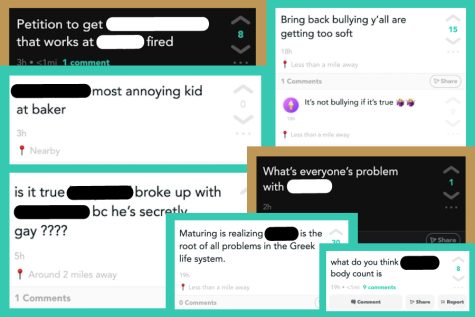Procrastination: Why we do it and how to avoid it
May 9, 2016
It’s almost the end of the semester. You have four 15 page papers due on Monday and three presentations on Tuesday. It’s already 10 p.m. on Sunday. So how did you get this point? Procrastination.
College students will often tell themselves, “That project isn’t due until the end of the month. I can do it next week.” Then suddenly, it’s due in three hours and you’re not even half done with it.
According to an article from Psychology Today, 20 percent of people say they are chronic procrastinators. These people are the ones always putting off big assignments until the very last minute. For them, procrastination is a lifestyle not an occasional occurrence.
While procrastination runs rampant, it’s not considered a serious problem by most. Procrastination doesn’t get called out as much because we try to always give people the benefit of the doubt. We have made an environment where procrastination breeds and thrives.
The same article mentions that procrastinators aren’t born, they are made. It isn’t that they are bad at time management or planning, as suggested. In general, procrastination is a conscious decision. Procrastinators have prioritized something else over doing their work now. They will actively be looking for distractions or other things to occupy themselves.
A little known fact is that those who procrastinate tend to consume more alcohol than those who don’t procrastinate. Psychology Today claims that this is due to the procrastinators’ inability to properly self-regulate. They will tell themselves little lies like “I’ll feel like doing more of this tomorrow” or “I do my best work under pressure.”
Telling someone who procrastinates to “just stop” or “get a planner” or “just do your work” won’t help them. Procrastination is a habitual behavior. It’s just like biting your nails. It is something that will take time to break.
It was a process to get to this point, so it will be a process to get out of it. Take it a little bit at a time. Start by beginning projects two days before they’re due. Gradually start working on the project further and further away from the due date. You have to make the conscious decision not to procrastinate and then put in the effort to follow through on it.
With this advice and a perseverance, anyone can break chronic procrastination habits.













